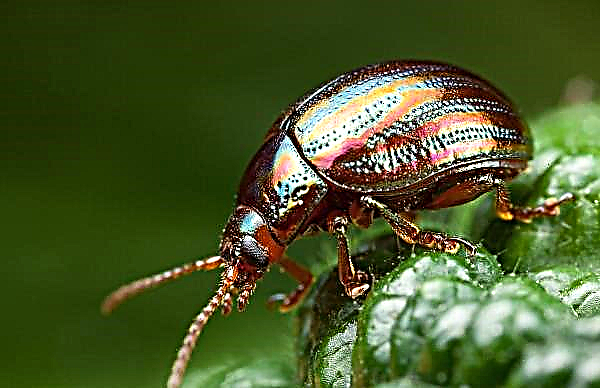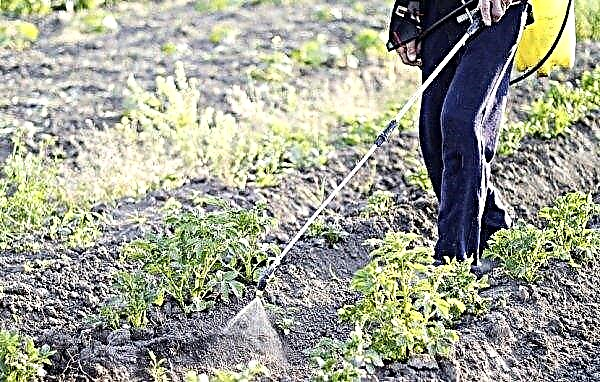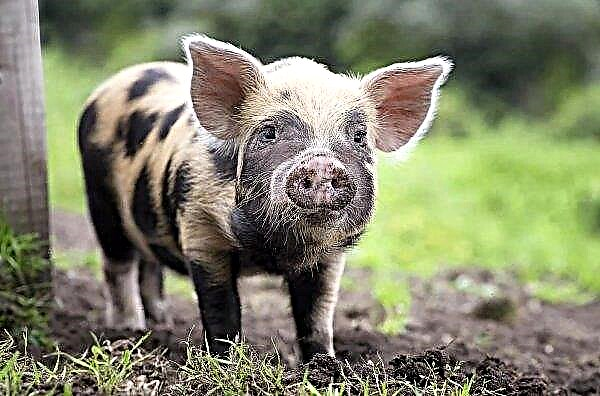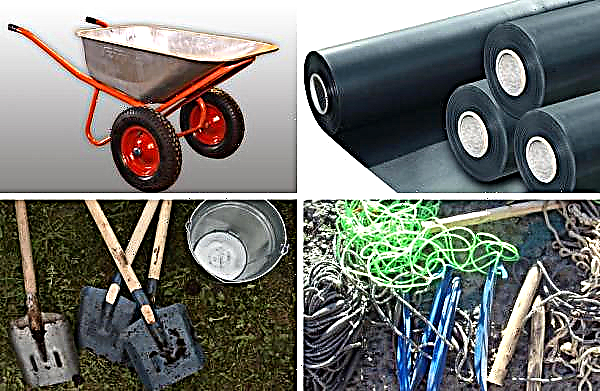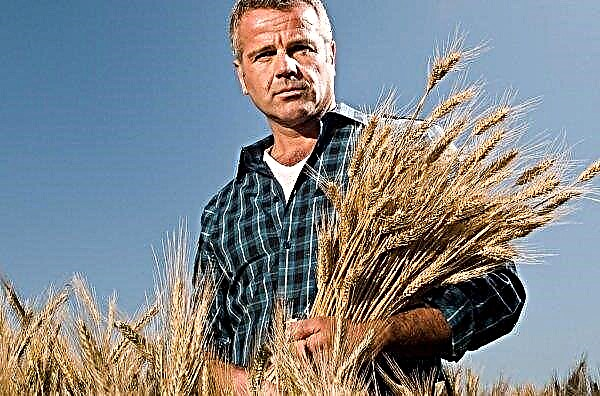In France, Mancozeb and Thiofanatmethyl did not receive an extension of approval. The EU Commission was also advised not to renew the approval of both fungicides.
In France, the Food, Environment and Labor Health Administration (ANSES), which is responsible for approving plant protection, has opposed renewing the approval for the active ingredients mancozeb and thiofanatmethyl.
Nosematosis has a negative effect on bumblebees and bees, and the use of fungicides in agriculture can increase the susceptibility of insects to this disease.
The agency recommended the European Commission last week not to renew approval of both fungicides. The reasons given are health risks. Mancozeb is classified by the European Chemicals Agency (ECHA) as toxic for reproduction. Thiophanate methyl is a mutagenic agent. EU approval for thiophanate methyl expires on October 31, and Mankozeb’s approval on January 31, 2021.

ANSES also announced that they would consider approving several active substances. The agency reports that 8-hydroxyquinoline, ipconazole, fluorochloridone, spiridiclofen and halosulfuron methyl require a quick update of the risk assessment to improve the protection of users and residents. Prosulfocarb and Prochloraz also undergo a thorough analysis due to contamination outside the target crops or hormonal effect.
- Market entry of the first cereal products should be expected in 2019-2020.
- The protracted rains in most of Ukraine bothered raspberry producers and forced them to revise plant treatment schemes to increase them. This was reported by Infoindustria news agency, based on its monitoring data.
- During the growing season of 2020, American farmers will have a new fungicide for many crops, including corn and soy.



